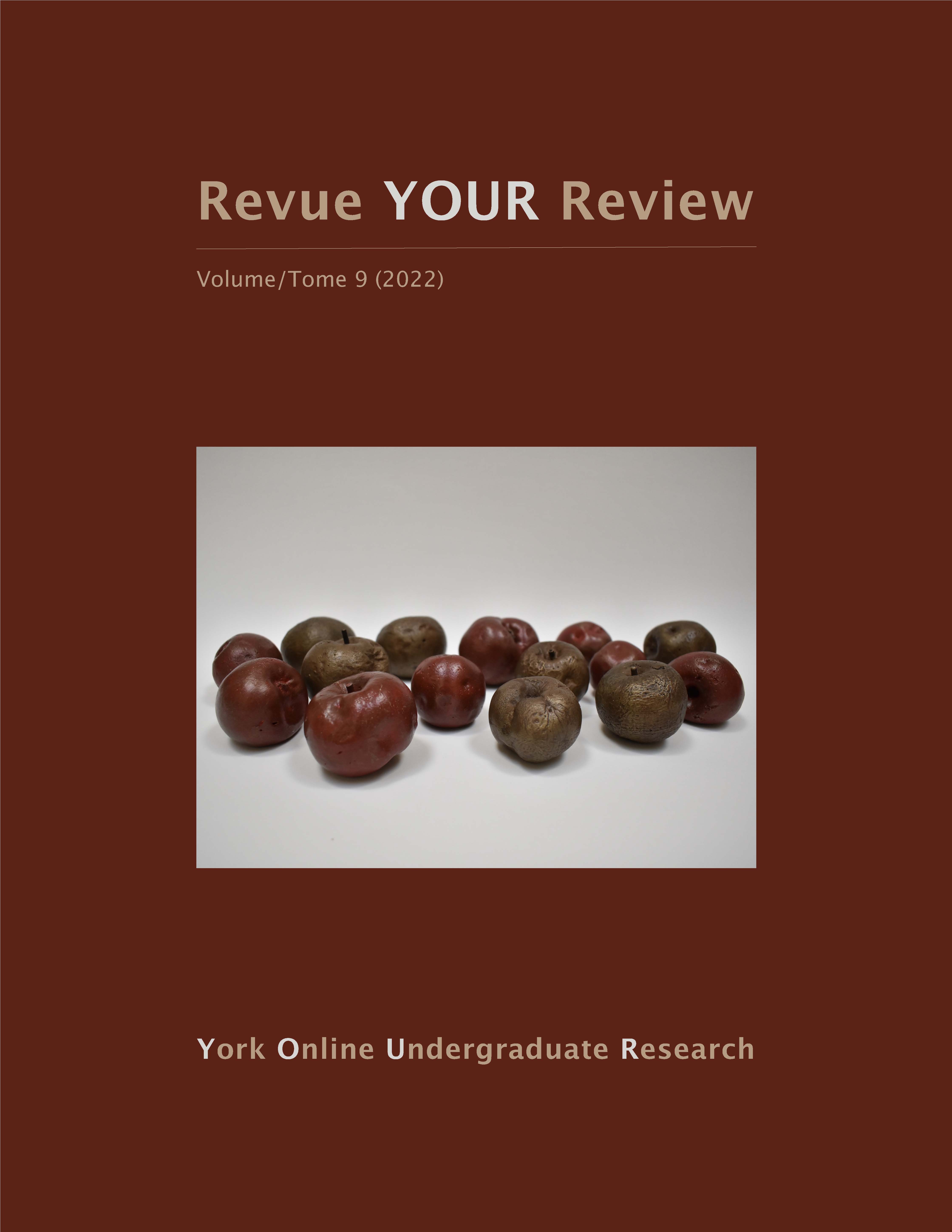A Means to an End: Women in 19th-Century England and Its Colonies
Résumé
This project researches women’s rights and exploitation within marriage and society in 19th-century England and its colonies. It reviews two novels, Charlotte Brontë’s Jane Eyre and Jean Rhys’ Wide Sargasso Sea, and compares the treatment of each novel’s main female characters in colonial patriarchal English society. The research sheds light on the similarities and differences between English women and women from English colonies and their treatment by patriarchal society in the 19th century. This project focuses on how the main male character in both novels, Mr. Edward Fairfax Rochester, treats his two wives: Bertha Mason who is Creole and Jane Eyre who is English. While Jane Eyre and Wide Sargasso Sea both feature Mr. Rochester and his two wives, each novel reveals different perspectives on the effect of the English colonial patriarchal system on women in the 19th century. Using a diverse set of academic articles to understand those differences, I looked for information on women’s rights and expectations within marriage and society in 19th-century England and its colonies. Analysis of this information reveals that while English and non-English women were negatively affected by England’s colonial patriarchal system, non-English women faced even more oppression and hardship than English women at the hands of English men. In other words, while Brontë excuses English colonial and patriarchal behaviour, Rhys uncovers the truth behind the damage such attitudes cause for minorities in England and its colonies.
Téléchargements
Publié-e
Comment citer
Numéro
Rubrique
Licence

Cette œuvre est sous licence Creative Commons Attribution - Pas de Modification 4.0 International.
Les auteurs qui contribuent à la Revue YOUR Review acceptent de publier leurs articles selon une des trois catégories de la licence 4.0 : Creative Commons Attribution 4.0 International; Creative Commons Attribution-Pas d'Utilisation Commerciale 4.0 International; ou Creative Commons Attribution-Pas de Modification 4.0 International. Tout contenu éditorial de ce site ainsi que les affiches et les résumés sont sous la licence Creative Commons Attribution-Pas de Modification 4.0 International. Pour plus d’informations, veuillez voir :
https://creativecommons.org/licenses/
Dans tous les cas, les auteurs conservent leurs droits d’auteurs et concèdent à la Revue YOUR Review le droit de première publication. Les auteurs peuvent, par la suite, conclure d’autres accords de distribution non exclusifs de la version publiée dans ce périodique (par exemple, l’afficher à un dépôt institutionnel ou le publier dans un livre ou dans un autre périodique) à condition que la reconnaissance fasse mention de la publication originale dans la Revue YOUR Review.


